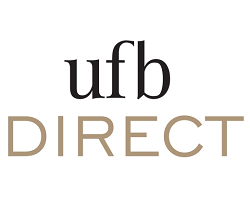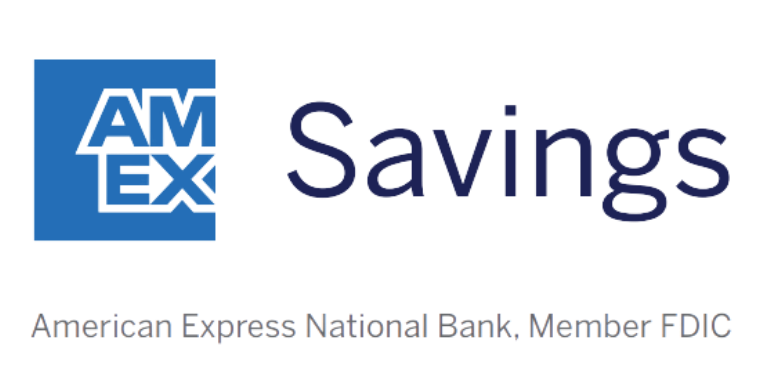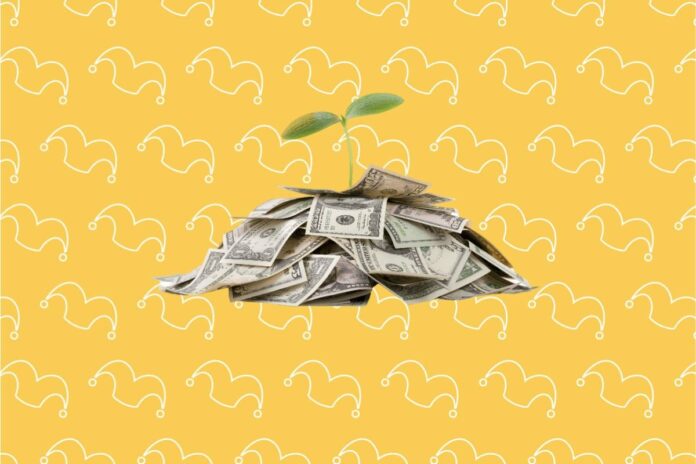Roughly 5.9 million households in the U.S. are unbanked, according to the Federal Deposit Insurance Corporation (FDIC). That means no one living in the household has a checking account or savings account at a bank or credit union.
Lower-income households were more likely to be unbanked, and this could be because they feel they don’t have enough money to warrant opening a bank account.
But there are clear advantages to owning a bank account no matter how much money you have. Here’s a closer look at how banks can help you keep your money safe and even grow your wealth over time.
You could earn interest on your savings
Savings accounts generally pay you monthly interest on your funds. Rates vary significantly, depending on the bank you choose. Many brick-and-mortar banks only offer 0.01% APY, which would give you $1 per year for every $10,000 in the account. On the other hand, high-yield savings accounts offer close to 5.00% APY right now — enough to earn you $500 on $10,000 in one year.
Our Picks for the Best High-Yield Savings Accounts of 2024
|
Capital One 360 Performance Savings 
APY 4.25%
|
APY 4.25%
|
Min. to earn $0 |
|
UFB Portfolio Savings Account 
APY 5.15%
|
APY 5.15%
|
Min. to earn $0 |
|
American Express® High Yield Savings 
APY 4.25%
|
APY 4.25%
|
Min. to earn $1 |
Checking accounts are less likely to earn interest, though there are some accounts that do. These rates are generally lower than savings account interest rates. Many pay less than 1% APY. But they could still help you earn a little bit on your checking account funds each month.
You gain valuable financial protections
A good bank account will have FDIC insurance. This protects your money up to $250,000 per person, per ownership category, per bank against bank failure. Basically, if the bank goes under and it cannot afford to pay all of its customers what they had stored there, the FDIC steps in to ensure you get your money back.
Many bank accounts also have fraud protection features, like alerts that notify you of suspicious transactions. You may also be able to get reimbursed for fraudulent debit card purchases. You won’t have that kind of protection if you keep your cash at home and someone steals it.
You could get a cash bonus
Some bank accounts offer cash bonuses to new customers who open an account within a certain time period and complete a number of qualifying activities.
Usually this involves using a promo code to open the account, setting up direct deposit, and receiving a certain amount of direct deposited funds into the account within the first few months of account opening. Some also require a number of debit card transactions per month.
These bonuses vary in difficulty and in cash payout. But even the lowest bonuses tend to pay out about $100. If you think you can meet the criteria to claim the bonus, this could be a smart move for you.
Which account should you choose?
The first thing you’ll have to decide is whether you want a checking account or a savings account. Savings accounts offer higher interest rates, but they often give you fewer options for accessing your cash. A checking account is the better way to go if you want to get your money quickly.
Regardless of the account type you choose, online banks are likely your best option. Most don’t have minimum balance requirements and they don’t charge monthly maintenance fees, either.
Research a few accounts and compare their costs and features side by side before deciding which to open. If you have any questions, contact the bank for clarification.
You can always change your mind later if you don’t like the account you chose. But this can be a hassle, so it’s best to take your time selecting the right account.



